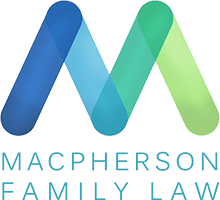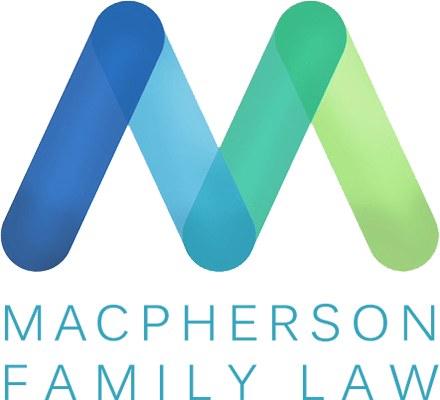HOW ARE FAMILY TRUSTS TREATED IN FAMILY LAW PROPERTY SETTLEMENTS?
Family and Unit Trusts are common vehicles used by families to operate businesses through, to hold assets (such as farms), and to share income across families, and through generations. Usually, they are also intended, at least in part, as a protection against creditors.
When parties split up the Family Court regularly needs to consider whether the trust comes into the assets to be distributed, or in some way stands outside the relationship, and is excluded from the property pool.
Commonly people think that trusts are excluded from the matrimonial property pool and are somehow exempt from the court ordered distribution of assets. Often, they’re wrong.
In essence, it comes down to a matter of control. If a trust (or a trustee company) is completely controlled by a party to a relationship, then the trust is treated as an asset of the relationship. The court talks about a trust being a “creature” or “puppet” of the party to the relationship. This can be found by the court even if another person (such as a party’s accountant, or relative) is notionally the trustee of the trust, if in fact they simply follow the directions of a party to the marriage.
If the trust is a “puppet” of a “puppet master” then the court will bring the assets of the trust into the pool of assets and make orders for their distribution. If however the lack of control is genuine, and the beneficial ownership lies elsewhere, then the trust assets will be excluded from the assets to be distributed. Sometimes income received by a party from a trust they don’t control will be taken into account as a financial resource in the overall property settlement.
Macpherson Family Law are experts in relation to property settlement, including the treatment of Family Trusts. Keep in mind this is general information only. The law is complex. To get specific advice on your particular circumstances you need to contact us.

